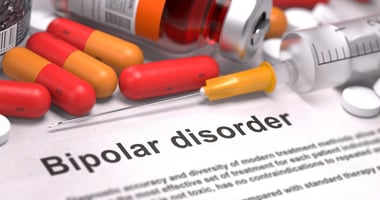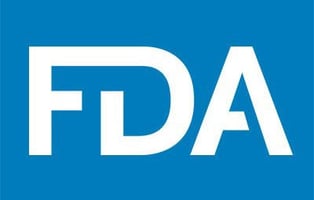An eight-week, randomized, controlled study published today in AJP in Advance has found that a 1.5...
Vraylar Now Approved for Full Spectrum of Bipolar I Disorder Symptoms
 |
The drug’s expanded indication is based on results from three clinical trials (RGH-MD-53, RGH-MD-54, and RGH-MD-56), which evaluated Vraylar once daily versus placebo in adults with bipolar depression. The primary outcome was change in the Montgomery-Åsberg Depression Rating Scale (MADRS) after six weeks of treatment.
For the three Vraylar dosages studied, the trials found that patients treated with 1.5 mg/day experienced significant improvements in their MADRS score versus placebo. One trial confirmed similar significant findings for the 3 mg daily dose.
“Treating bipolar disorder can be very difficult because people living with the illness experience a range of depressive and manic symptoms, sometimes both at the same time, and this FDA approval gives health care providers a new option to treat the full spectrum of bipolar I disorder symptoms … with just one medication,” Stephen Stahl, M.D., Ph.D., a professor of psychiatry at the University of California, San Diego, said in a press release from Allergan.
The most commonly reported adverse events in the three trials were nausea, akathisia (an uncontrollable urge to move), restlessness, and other extrapyramidal symptoms (such as muscle spasms, rigidity, slowness of movement, and irregular movements).
FDA approved Vraylar 1.5 mg/day or 3 mg/day for the treatment of depressive episodes in bipolar I disorder. Vraylar 3 mg/day to 6 mg/day is approved for the acute treatment of manic or mixed episodes.
For more information on bipolar I disorder, see the Psychiatric News article “Researchers Sum Up Current Knowledge of Bipolar Disorder, Call for More Study.”
NOTE: The clinical trial results for RGH-MD-54 and RGH-MD-56 were published in the American Journal of Psychiatry. The results for RHG-MD-53 have not been published yet.






